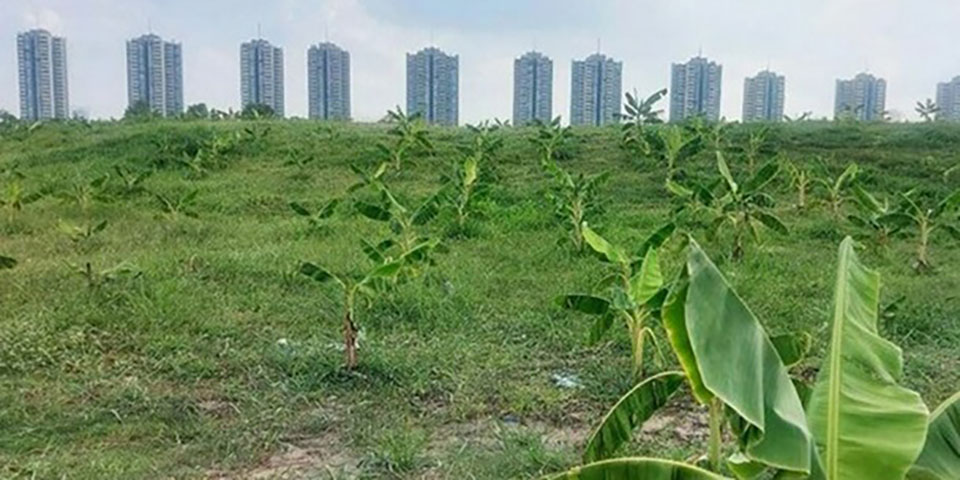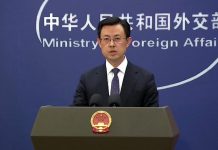
The Bangkok Metropolitan Administration (BMA) is planning to crack down on landowners who avoid paying taxes on vacant plots by growing fruits and vegetables.
With the BMA estimating that it has lost around 100 million baht in tax revenue annually due to this practice, Bangkok Governor Chadchart Sittipunt has instructed officials to inspect all plots repurposed as agricultural land to avoid taxes – including a 100-rai plot in Huai Khwang district.
Speaking after a meeting with BMA executive officials, Chadchart noted that in Ratchathewi district alone, the agency should be able to collect about four million baht in land taxes each year. However, landowners have resorted to planting fruit and vegetables on their vacant plots to avoid being legally obligated to pay taxes. As a result, the BMA has only been able to collect around 300,000 baht in taxes annually for this district.
In addition to cracking down on tax evaders, the governor has instructed officials at the Department of Land Transport (DLT) to pursue motorists who have not paid taxes on their vehicles. Before the pandemic, vehicle tax revenue reached 13 billion baht. However, that figure dropped to around 12 billion baht between 2019 and last year. The BMA will sign an agreement with the DLT to collect motorists’ data and crack down on tax evaders.
The BMA is also considering imposing taxes and levies to protect the environment, following the example of London’s congestion charge and Singapore’s Electronic Road Pricing. Chadchart said the BMA is looking to amend some laws to allow the City Hall to collect taxes from alternative sources, such as tobacco, hotels, and lodgings, as well as fuel consumption. (NNT)





